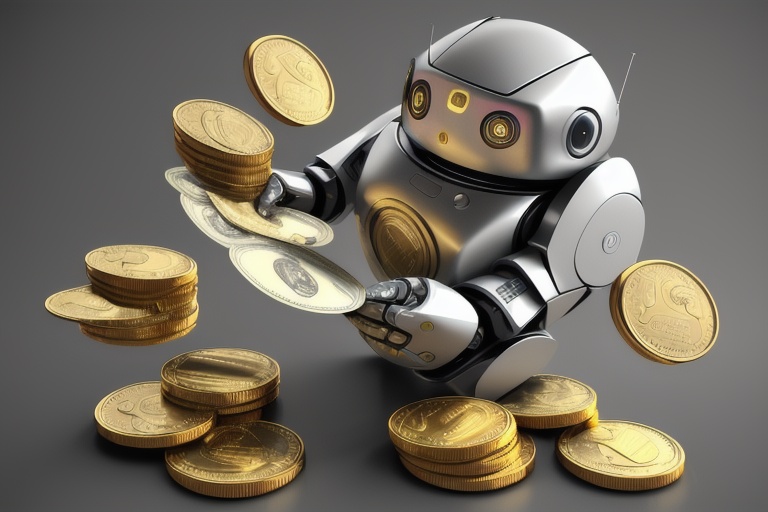Welcome to our blog, where we explore the intertwining of programming, artificial intelligence (AI), and machine learning. In today’s discussion, we will delve into the cinematic universe of "A.I. Artificial Intelligence," a compelling film by the renowned director Steven Spielberg. Set against the backdrop of a ravaged future Earth, the narrative introduces us to David—a technologically advanced humanoid robot imbued with the ability to love. Spielberg's masterpiece invites us to contemplate the essence of consciousness, the definition of human identity, and the ethical ramifications associated with the creation of artificial beings.
Welcome to our blog, where we explore the intertwining of programming, artificial intelligence (AI), and machine learning. In today’s discussion, we will delve into the cinematic universe of "A.I. Artificial Intelligence," a compelling film by the renowned director Steven Spielberg. Set against the backdrop of a ravaged future Earth, the narrative introduces us to David—a technologically advanced humanoid robot imbued with the ability to love. Spielberg's masterpiece invites us to contemplate the essence of consciousness, the definition of human identity, and the ethical ramifications associated with the creation of artificial beings.
Exploring the Heart of "A.I. Artificial Intelligence"
Spielberg's "A.I. Artificial Intelligence" is a tapestry woven with emotional and intellectual threads, creating a poignant narrative that tugs at the threads of the human heart. The film's core revolves around David, an extraordinary prototype "Mecha" - a term used within the movie to signify sophisticated machines designed to mirror human behavior. David's journey, emblematic of a quest for acceptance and a longing for a place he can call home, is both heartwarming and haunting. It's a tale that transcends the boundaries of a mere sci-fi story, compelling the audience to reflect on deeper existential queries.
The Blurred Lines Between Human and Machine
Within the film's universe, a rich canvas is painted where the sophistication of AI has reached unimaginable heights, challenging our preconceptions of machines and emotions. Through David’s eyes, the audience experiences a world where technology and humanity coalesce, presenting a paradigm in which robots are more than mere automatons—they are entities capable of mimicking the depth and complexities of human affect. This raises an essential question: if a machine can replicate human emotions, does it then possess consciousness? And if so, what are the ethical responsibilities we hold in creating such technology?
Ethical Considerations in AI Development
"A.I. Artificial Intelligence" is not just a story about a robot boy; it's a mirror reflecting our own future—where technology has the potential to craft beings that challenge the very definition of life itself. It forces us to confront the ethical landscape of AI advancement and to ponder the moral implications of endowing machines with near-human characteristics. Should the development of such technologies be governed by strict ethical guidelines? And who decides where to draw the line between beneficial advancements and potentially perilous creations?
A Catalyst for Future AI Discourse
Beyond its cinematic allure, Spielberg's film serves as a dialogic platform, inciting discussions on the trajectory of AI within our society. It underscores the need to anticipate the broader societal implications of machines that could one day mirror, or perhaps exceed, human intellect and emotional capacity. As the film concludes, we take away more than an emotional narrative; we carry with us hefty contemplations about our future alongside sentient technology.
In essence, Spielberg's "A.I. Artificial Intelligence" is a narrative beacon that shines a light on the intertwining relationship between humans and AI. It challenges our assumptions, pushes the limits of our understanding, and ignites a conversation that is ever so crucial in an age where the bounds of technology continue to expand. This film is an artful exploration of the potential of AI, and a profound piece that continues to spark debates and introspection about the future of artificial life and its intersection with our human existence.
Information for this article was gathered from the following source.

![A.I. Artificial Intelligence [New Blu-ray] Ac-3/Dolby Digital, Dolby, Digital](https://i.ebayimg.com/images/g/TsoAAeSwMJ1pHYbs/s-l225.jpg)


